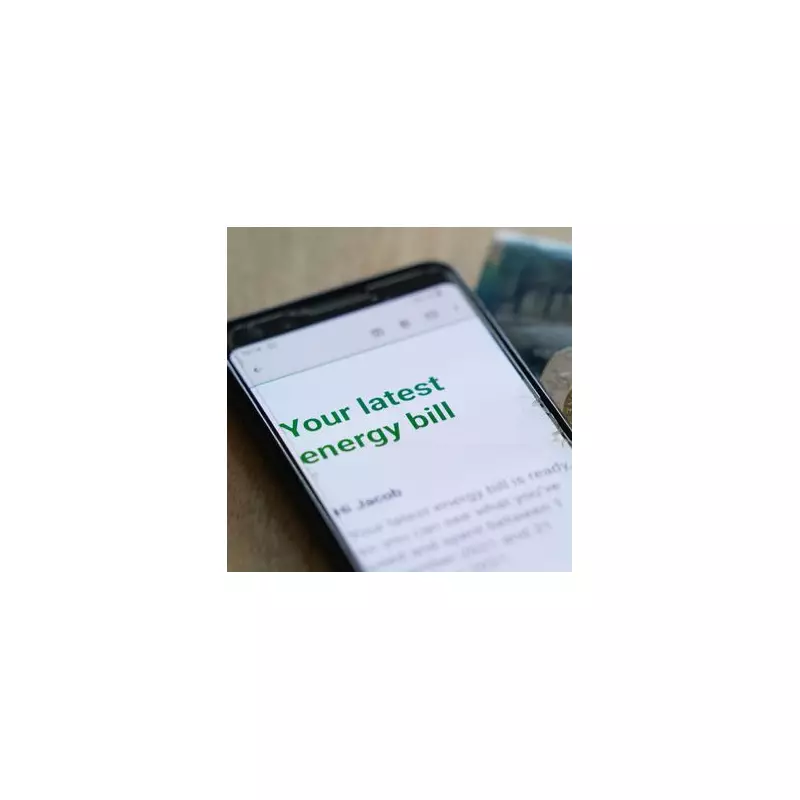
Millions of British households will see a small but unexpected increase in their energy bills from the start of next year, after the regulator Ofgem confirmed a rise in its price cap.
What the new energy price cap means for you
Contrary to predictions of a £22 annual drop, the typical household energy bill is now set to rise. The new cap, effective from January 1, 2026, sets the average annual dual fuel bill at £1,758. This represents an increase of £3.36, or 0.2%, from the previous cap of £1,755 set in October 2025.
For the average user, this translates to a monthly increase of around 28 pence. The specific unit rates have also been set. For gas, the kilowatt hour charge will be 5.93p with a daily standing charge of 35.09p. For electricity, the rate is 27.69p per kilowatt hour with a daily standing charge of 54.75p.
Why bills are rising against predictions
This minor hike comes as a surprise to many, as energy experts had forecast a decrease for the coming year. Tim Jarvis, Ofgem's Director General for Markets, acknowledged the financial pressure on families, stating: "While energy prices have fallen in real terms over the past two years, we know people may not be feeling it in their pockets."
He emphasised that the price cap acts as a safety net to prevent overpayment but is not a permanent fix. Jarvis pointed to the volatility of wholesale energy costs, which constitute the largest part of consumer bills, as a key reason for the adjustment.
Practical steps to reduce your energy costs
Ofgem is urging consumers to take proactive steps to manage their energy spending. Here are the key recommendations from the regulator:
- Shop around for tariffs: Compare different offers to find the best deal for your household.
- Change your payment method: Switching to Direct Debit or smart pay-as-you-go can lead to savings.
- Consider prepayment: Prepayment meters remain the cheapest option, currently saving users an average of £47 per year.
Jarvis also highlighted the long-term strategy, noting that Ofgem is "working with government and industry to boost clean energy and reduce our reliance on international sources we can’t control." This move aims to create a more stable and sustainable energy market for the future.





